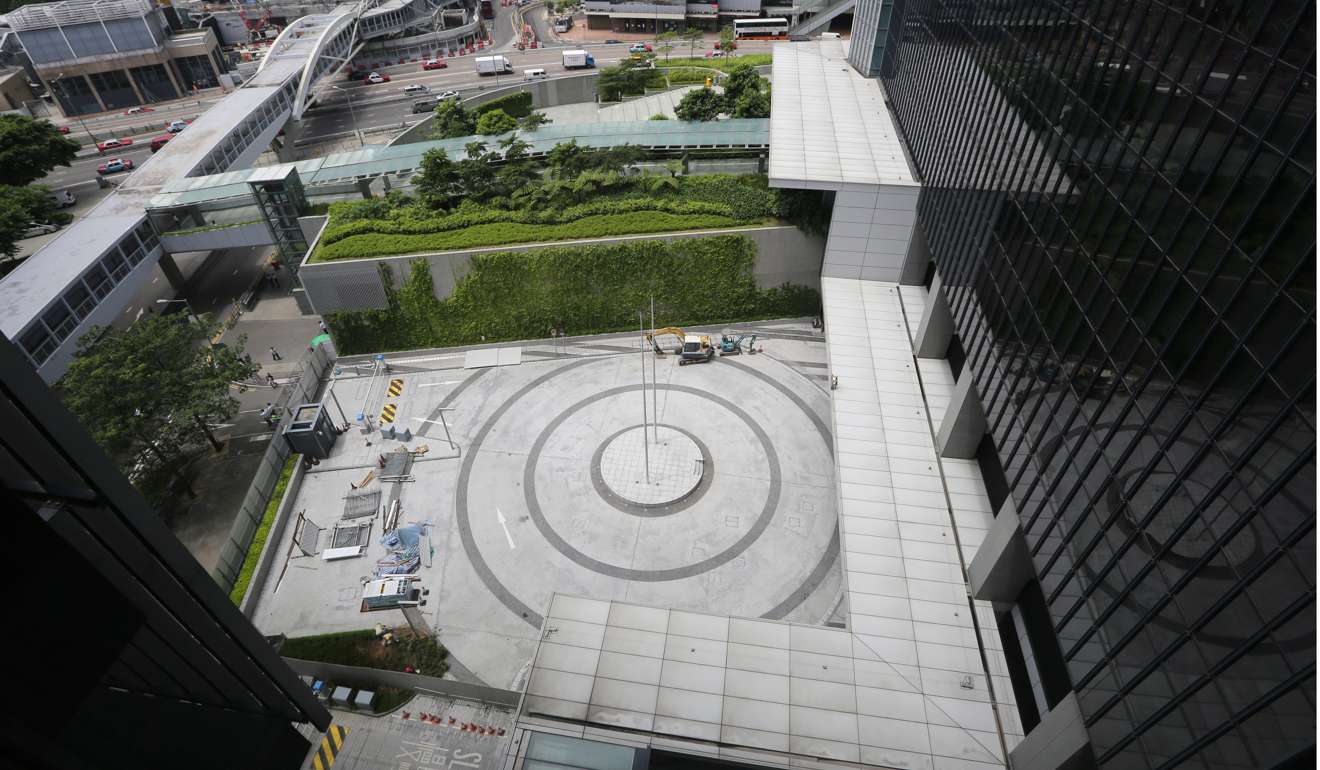
Hong Kong’s political parties prove they can come together to act on worthy causes
Alice Wu is encouraged by the rare agreements between often-warring legislators on two issues recently. Such cooperation should be nurtured, and Beijing must do its part not to aggravate sentiments
Political reconciliation is daunting, and it’s doubly hard to begin that process in Hong Kong against the backdrop of a string of recent arrests.
Trials and punishments are part of the reconciliation process, to be sure. The rule of law must be respected, and we will have to bear the consequences.

Hey CY, tear down that fence
Concrete steps are needed if reconciliation is to happen. This demands changes in behaviour.
We need maturity to navigate the city’s complex political arrangements
Changes in mindsets are critical. Binary thinking that misrepresents the complex realities of Hong Kong politics has contributed directly to constant discord that impedes society’s progress. Opportunities to work together on the less contentious issues will help to erode the “us vs them” beliefs, giving way to the possibility of a shift to a mature political scene. We need maturity to navigate the city’s complex political arrangements.
Speaking of complexities, Beijing has a huge role to play in any reconciliation.
Hong Kong protesters march for ‘genuine universal suffrage’ one month after Carrie Lam elected leader
While no one would disagree that livelihood issues are important, Wang’s statement only fuelled discontent. The remarks did not “pour cold water” on Hong Kong’s aspirations; rather, they fanned the flames of resentment. It is counter-intuitive and counterproductive. We need to calm negative emotions and attitudes, not aggravate them, for the future of the city’s relations with Beijing. Wang’s comment is also illogical because Hong Kong’s social problems feed off and contribute to the arrested development of its electoral reform.
Beijing has every incentive to encourage reconciliation, because it is the ultimate test of the “one country, two systems” principle. This has implications that reach far beyond Hong Kong.
Alice Wu is a political consultant and a former associate director of the Asia Pacific Media Network at UCLA

